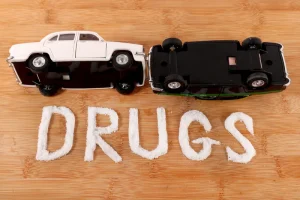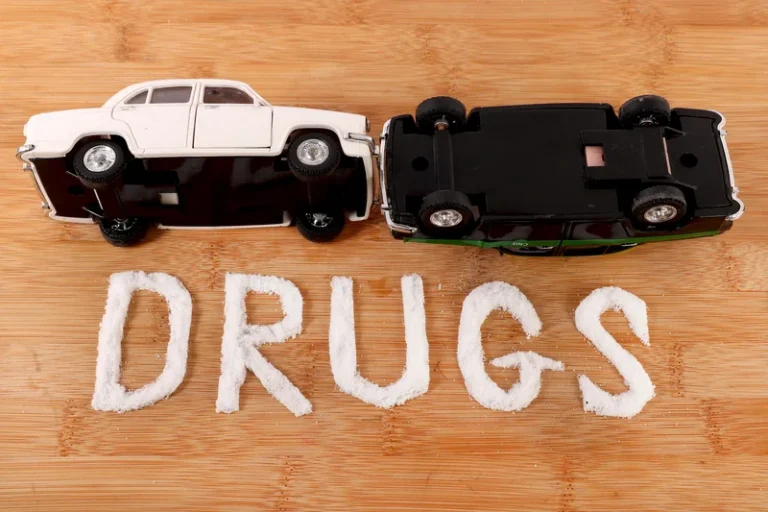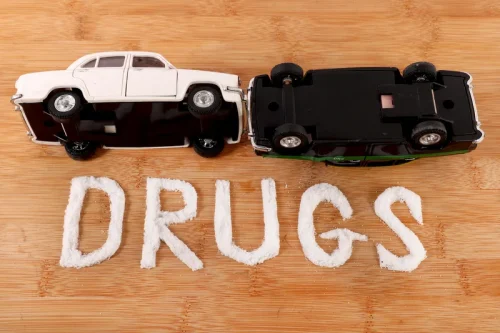Alcohol Misuse and Kidney Injury: Epidemiological Evidence and Potential Mechanisms

These processes can take years, with many ups and downs in the journey. Abstaining from alcohol is a difficult challenge on its own, but for a person who is struggling with kidney problems, there are additional health considerations to take into account. With the passage of time and positive changes, the kidneys can return to normal, optimal functioning. Because of the diuretic effect alcohol has on the kidneys, dehydration can occur. The kidneys are essential in maintaining the body’s fluid levels and are very sensitive to hydration, detecting dehydration by recognizing when electrolyte levels become more concentrated. Dehydration stimulates the kidneys to conserve and produce less fluid.
- Diuresis by inhibiting vasopressin release 53 and impairing acid secretion have also been discovered in alcoholics.
- Along with oxidative stress, increasing evidence suggests that some nonoxidative mechanisms also factor into alcohol-related organ damage.
- People should consult a healthcare provider if they are concerned about drinking and kidney damage.
- Alcohol and other waste products must be removed from the body by the kidneys.
Effects of Ethanol on the Kidneys
In this article, learn more about the causes of kidney pain and how they might be related to drinking alcohol. Yes, alcohol use can lead to dehydration, temporarily increasing creatinine levels. Excessive alcohol consumption can damage the kidneys and, consequently, elevate creatinine levels.

What drinks are bad for the kidneys?
People who maintain this kind of drinking habit are at double the risk for developing kidney disease compared to the general population, including moderate drinkers. Acute kidney injury is a type of kidney failure that lasts only a few weeks. While a short-term problem, it is often very serious and can even be life-threatening in some situations.

Alcohol and Kidney Disease
The Centers for Disease Control and Prevention (CDC) reports that nearly two-thirds of American adults drink alcohol. A concerning portion—about 1 in 4 drinkers—binge drink at least once per year, consuming five or more drinks within a short time frame. Binge drinking can lead to acute kidney injury (AKI), a sudden drop in kidney function that can sometimes lead to lasting damage.

Although studies have proven that even a single dipstick indication of proteinuria is a significant risk for CKD and kidney damage from alcohol symptoms ESRD 122, a single dipstick detection can be biased by numerous confounders. These include anthocyanins, which are the main polyphenols in red grapes, and resveratrol, which is the most famous polyphenolic compound found in red wine 104. They have been demonstrated to have ROS scavenging, antiplatelet, anticancer, anti-inflammatory, antidiabetic, antibacterial, antiaging, and cardiovascular and renal-protective effects 105–112.

Oxidative Stress
According to the American Kidney Fund (AKF), there are five stages of chronic kidney disease (CKD), with stage 1 representing the earliest and mildest stage and stage 5 representing the most advanced and severe. A 2018 study found that having alcohol use disorder increased the likelihood of having a new diagnosis of CKD. However, the study authors also mentioned that more studies are needed to explore the connection between AUD and kidney function. According to the World Health Organization (WHO), there is no so-called “safe” level of alcohol consumption, and the more alcohol a person drinks, the greater their risk of health issues.
